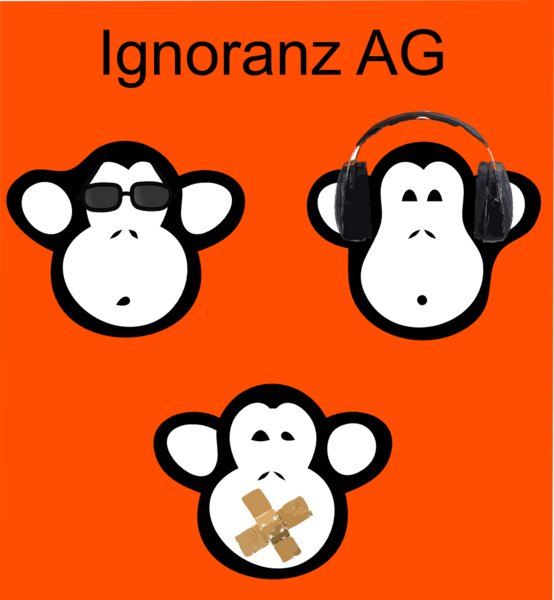Russian clubs against NHL-IIHF agreement
Aug 1, 2005 18:35:07 GMT -5
Post by M. Beaux-Eaux on Aug 1, 2005 18:35:07 GMT -5
Russian clubs against NHL-IIHF agreement
Canadian Press
8/1/2005 5:49:47 PM
(CP) - The NHL's tentative new agreement on player transfers with the International Ice Hockey Federation has apparently hit a snag.
Several Russian media outlets reported Monday that Russian clubs voted not to sign the new IIHF-NHL agreement. The Russian hockey federation can't sign the deal without the consent of its clubs.
All other European federations have ratified the agreement.
NHL deputy commissioner Bill Daly had no comment on the matter when reached Monday.
Whether or not the NHL would go ahead and ratify a deal that doesn't include the Russian federation remains to be seen.
Click here to find out more!
The IIHF-NHL deal covers everything from Olympic participation to player transfers. The new agreement beefed up the money the NHL sends to European federations in exchange for signing their players.
According to the new five-year agreement, the NHL will put $12.5 million US annually into a development fund administered by the IIHF, upping the pot from the $9 million in the previous deal.
The IIHF will re-distribute the money among those national federations and clubs who lose players to the NHL, based on a formula decided by the IIHF and the national federations.
The new formula would value a first overall draft pick at $900,000 US, the second overall pick at $880,000, third overall at $860,000, all the way down to 30th overall decreasing by $20,000 each time.
Second-round and later draft picks would be valued at $150,000 each in compensation.
The whole point of this formula was to appease the Russian clubs, which frequently lose top prospects such as Ilya Kovalchuk, Alexander Ovechkin and Evgeni Malkin to the NHL.
Russian clubs want to negotiate their own transfer deals directly with NHL clubs so they can get more money.
But by not signing the NHL-IIHF deal, those same Russian clubs risk losing their players for absolutely nothing.
What's to stop Malkin from signing with Pittsburgh this year? The only recourse for Russian clubs would be to take costly and time-consuming legal action.
Ovechkin has already signed a three-year rookie contract with the Washington Capitals.
Canadian Press
8/1/2005 5:49:47 PM
(CP) - The NHL's tentative new agreement on player transfers with the International Ice Hockey Federation has apparently hit a snag.
Several Russian media outlets reported Monday that Russian clubs voted not to sign the new IIHF-NHL agreement. The Russian hockey federation can't sign the deal without the consent of its clubs.
All other European federations have ratified the agreement.
NHL deputy commissioner Bill Daly had no comment on the matter when reached Monday.
Whether or not the NHL would go ahead and ratify a deal that doesn't include the Russian federation remains to be seen.
Click here to find out more!
The IIHF-NHL deal covers everything from Olympic participation to player transfers. The new agreement beefed up the money the NHL sends to European federations in exchange for signing their players.
According to the new five-year agreement, the NHL will put $12.5 million US annually into a development fund administered by the IIHF, upping the pot from the $9 million in the previous deal.
The IIHF will re-distribute the money among those national federations and clubs who lose players to the NHL, based on a formula decided by the IIHF and the national federations.
The new formula would value a first overall draft pick at $900,000 US, the second overall pick at $880,000, third overall at $860,000, all the way down to 30th overall decreasing by $20,000 each time.
Second-round and later draft picks would be valued at $150,000 each in compensation.
The whole point of this formula was to appease the Russian clubs, which frequently lose top prospects such as Ilya Kovalchuk, Alexander Ovechkin and Evgeni Malkin to the NHL.
Russian clubs want to negotiate their own transfer deals directly with NHL clubs so they can get more money.
But by not signing the NHL-IIHF deal, those same Russian clubs risk losing their players for absolutely nothing.
What's to stop Malkin from signing with Pittsburgh this year? The only recourse for Russian clubs would be to take costly and time-consuming legal action.
Ovechkin has already signed a three-year rookie contract with the Washington Capitals.

